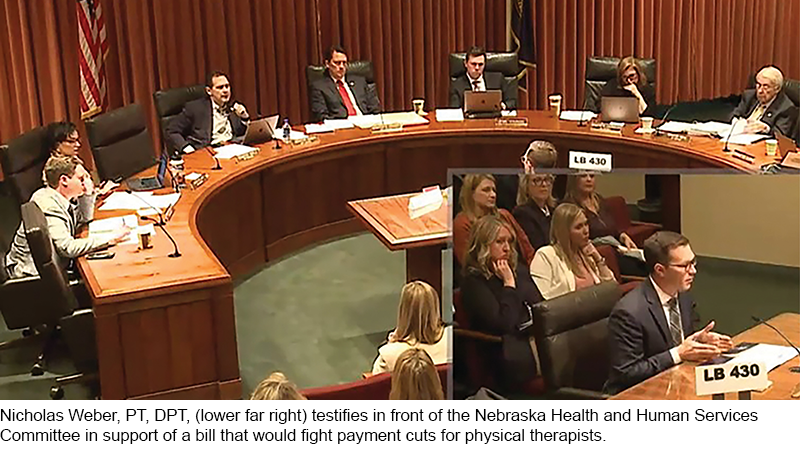
Ethicists Regina Doherty, OT, OTD, and Ruth Purtilo, PT, PhD, FAPTA, assert that health care professions are moral communities because they are a subgroup of society with a "professional morality [that] embraces moral values, duty, and character traits that do not apply equally or at all to others in society (Doherty, 2016)." Similarly, ethicist Laura Lee "Dolly" Swisher, PT, PhD, FAPTA, points out that there are no easy answers for the "wicked" ethical problems facing our profession and joins Purtilo in advocating for our professional moral community to be proactive in partnering with society (Swisher, 2022).
